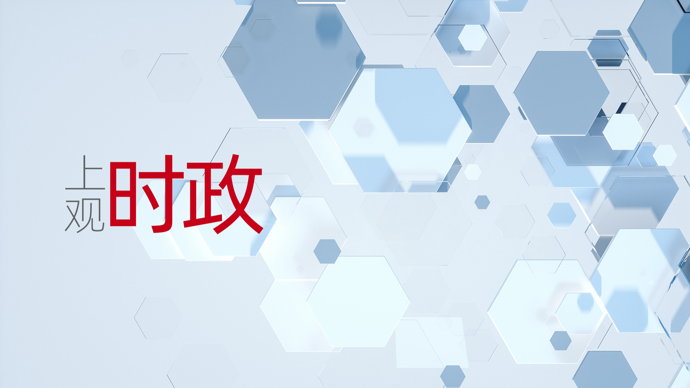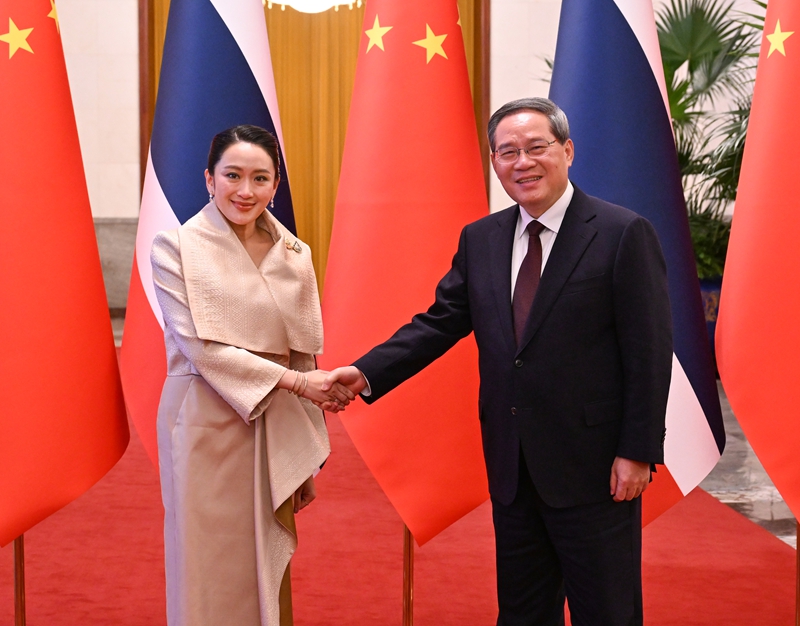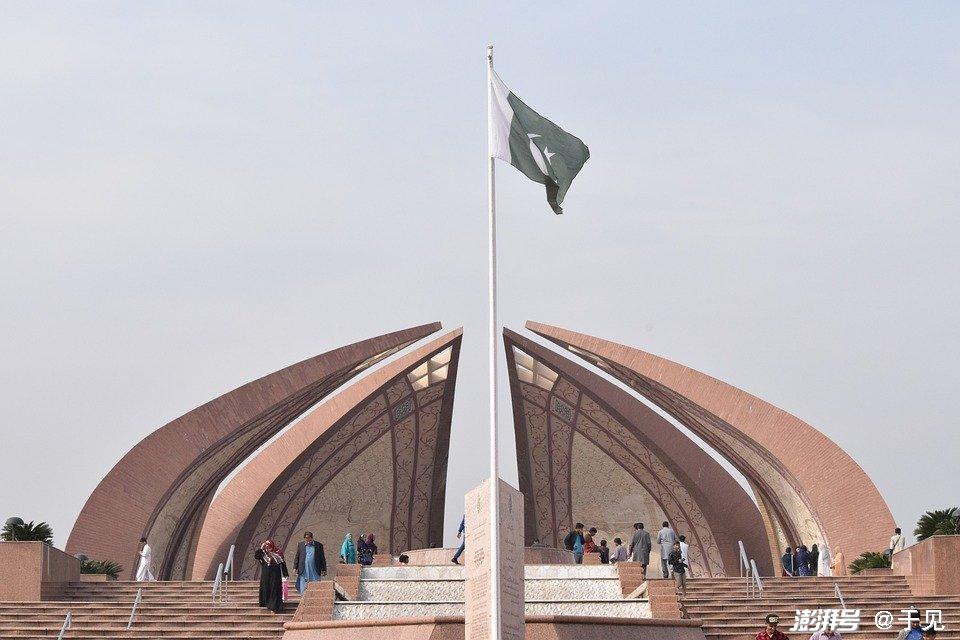A Few Days Before The Iranian President's Visit To China, He Had A New Statement About China, And This Time He Came To Beijing To Shoulder Heavy Responsibilities.
A Few Days Before The Iranian President's Visit To China, He Had A New Statement About China, And This Time He Came To Beijing To Shoulder Heavy Responsibilities.
Time is tight and pressure has increased sharply. Pezexiqiyang's trip to Beijing is by no means a routine, but a key mission: in the stormy waves of the West, firmly grasp the cable of China's "strategic ship" and strive for more diplomatic maneuver space for Iran.
Preface: The strategic tone of the Iranian president's visit to China and the shadow of Western sanctions

Iranian President Pezekichiyan's special plane has not yet landed at Beijing Capital International Airport, and the tone of this visit has been clear. At the Executive Meeting chaired before his departure, he emphasized to the cabinet members in a firm and clear tone that Iran will carry out "serious and constructive" strategic cooperation with China. This statement not only sets the main theme for this visit, but also reveals Iran's diplomatic priority in a complex international situation.

However, just as the presidential plane was launched, the three major European countries, Britain, France and Germany, suddenly announced the restart of sanctions procedures on Iran, which heated up the already tense Iran nuclear issue again. Time is tight and pressure has increased sharply. Pezexiqiyang's trip to Beijing is by no means a routine, but a key mission: in the stormy waves of the West, firmly grasp the cable of China's "strategic ship" and strive for more diplomatic maneuver space for Iran.
Diplomatic breakthrough under the countdown of sanctions: Iran's "reliable partner"
Pezeshiqiyang's visit to China this time was not an ordinary courteous visit, but a key breakthrough move by Iran under collective pressure from the West. At the same time when he held a cabinet meeting and talked about the prospects of China-Iran cooperation, Britain, France and Germany suddenly issued a joint statement announcing the formal launch of the "rapid recovery of sanctions" mechanism against Iran. This move is tantamount to issuing an ultimatum to Tehran: if Western requirements are not met within 30 days, comprehensive sanctions will come like a tide.
The Iranian Foreign Ministry responded quickly and toughly, pointing out that the three countries' actions were "illegal" and strongly condemned its approach to submitting an application for sanctions to the UN Security Council. This is by no means a simple verbal protest, but Iran's clear understanding of the current dilemma: concessions will only lead to more suppression, and only by taking the initiative can we win vitality.
Because of this, Pezexiqiyang's trip to Beijing was given special weight. He used the keyword "strategic" to define China-Iran relations at the cabinet meeting, emphasizing that Iran is willing to deepen pragmatic cooperation with China under the framework of the "Belt and Road" initiative. This statement is by no means diplomatic rhetoric, but a real roadmap for cooperation. He even specifically mentioned Iran's geopolitical value and positioned himself as China's "reliable partner" in international affairs - this is not only an active approach to China's "circle of friends", but also a clear signal to the West: Iran is by no means isolated and helpless.

From commitment to practice: China's continued deepening cooperation with Iraq
In fact, China-Iran strategic cooperation has long surpassed paper commitments. In 2021, the two countries signed a landmark 25-year comprehensive cooperation agreement, covering key areas such as energy, infrastructure, security, and humanities. When then-President Lexi visited China in 2023, he commented that the trip "has far exceeded expectations", marking that bilateral relations have entered a period of rapid development.
Now Pezeshiziyan has taken over the baton. When he wrote an article to elaborate on diplomatic concepts in the Tehran Times, he pointed out: "China has always stood side by side with us at the most difficult time in Iran." This is by no means a polite statement - the article specifically mentions China's "constructive role" in mediating Isha's reconciliation, demonstrating a high recognition of the role of Chinese mediators.

This recognition stems from China's consistent fair position: firmly support Iran's right to peacefully use nuclear energy, oppose the abuse of sanctions, and advocate the resolution of differences through political means. Foreign Minister Wang Yi has repeatedly publicly praised Iran's commitment to "not developing nuclear weapons", and at the same time emphasized the importance of safeguarding its legitimate rights and interests. At a time when the West is wielding the stick of sanctions, China's rational and pragmatic attitude is exactly Pezeshiqiyang's most cherished diplomatic asset - when other major powers close the door to dialogue, China always maintains the long table of cooperation.

Nuclear crisis comes again: Severe test of cooperation prospects
But the real challenges cannot be ignored: in the face of the sanctions that the West is about to restart, can Iran withstand the pressure? Can China-Iran cooperation be steadily advanced in the storm? The 2015 Iran nuclear agreement originally provided a path for Iran to exchange nuclear restrictions for lifting sanctions, but now the "rapid sanctions recovery" mechanism launched by Britain, France and Germany is pushing the situation to the brink of danger. More urgently, the buffer period set by UN resolution 2231 will end on October 18, leaving little time for diplomatic mediation.
The Iranian parliament has begun preparing a countermeasure plan. It is reported that a three-level response plan that includes withdrawing from the Treaty on the Non-Proliferation of Nuclear Weapons, suspending negotiations with Europe and the United States, and cutting off cooperation with the International Atomic Energy Agency has been submitted for consideration. If the plan is implemented, the Iranian nuclear crisis may escalate to a more dangerous situation than when the United States unilaterally withdrew from the group in 2018.

Against this background, Pezeshiziyang's agenda for visiting China has exceeded the scope of conventional economic cooperation. He needs to find out: Can China provide strategic support in the crisis? Are you willing to continue to play the role of mediator? China's position has always been clear: oppose illegal sanctions and support Iran's reasonable demands, but at the same time it also adheres to the balanced strategy of "not selecting sides" - cooperation requires sincerity between both sides, and support is also principled.
Opportunities and challenges coexist: the dawn of cooperation in economic difficulties
For Iran, the real crisis comes not only from diplomatic isolation. The continuous depreciation of currency riyals, soaring basic material prices, and high youth unemployment rates are the pains for the people. Coupled with the ecological crisis and public health risks caused by climate change, Tehran urgently needs to find breakthroughs through external cooperation.

In this situation, China-Iran cooperation is like a lighthouse in the fog. But how far this cooperation path can go depends largely on Iran's domestic political stability and policy coherence. At present, Pezexiqiyang's team has shown a high degree of consensus on cooperation with China, which injects certainty into bilateral relations. However, we need to be clear-headed: healthy and lasting cooperation must be based on mutual benefit and win-win results, and any model that benefits unilaterally is difficult to maintain.
It is worth noting that China has always maintained a delicate balance on the Iranian nuclear issue - resolutely safeguarding the international nuclear non-proliferation system and actively mediating regional conflicts. This impartial position not only demonstrates the wisdom of major power diplomacy, but also creates a broader strategic space for China-Iran cooperation.

Ending: The choice of intersection

Pezekichiyang's special plane is traveling through the clouds toward Beijing, and the cabin carries Iran's last hope in the countdown to sanctions. At a time when the West is constantly tightening its encirclement, he chose to use China as the first stop for diplomatic breakthroughs. This is not only a recognition of Beijing's influence, but also a recalibration of bilateral relations.

The future situation is still full of variables, but what is certain is that on the international stage where the game is becoming increasingly fierce, China and Iran are trying to break the shackles of zero-sum thinking with "constructive dialogue". This visit has gone beyond the scope of conventional diplomacy and has become a strategic choice related to the future of the country. What Pezexiziyan needs to do is to pull Iran from the edge of an isolated cliff back to the central chessboard of international politics through a trip to the East.
(Some background of this article is referenced from Guangming.com's report on August 29, 2025, "Germany, France and Britain launched a mechanism for "rapid restoration of sanctions" against Iran")





